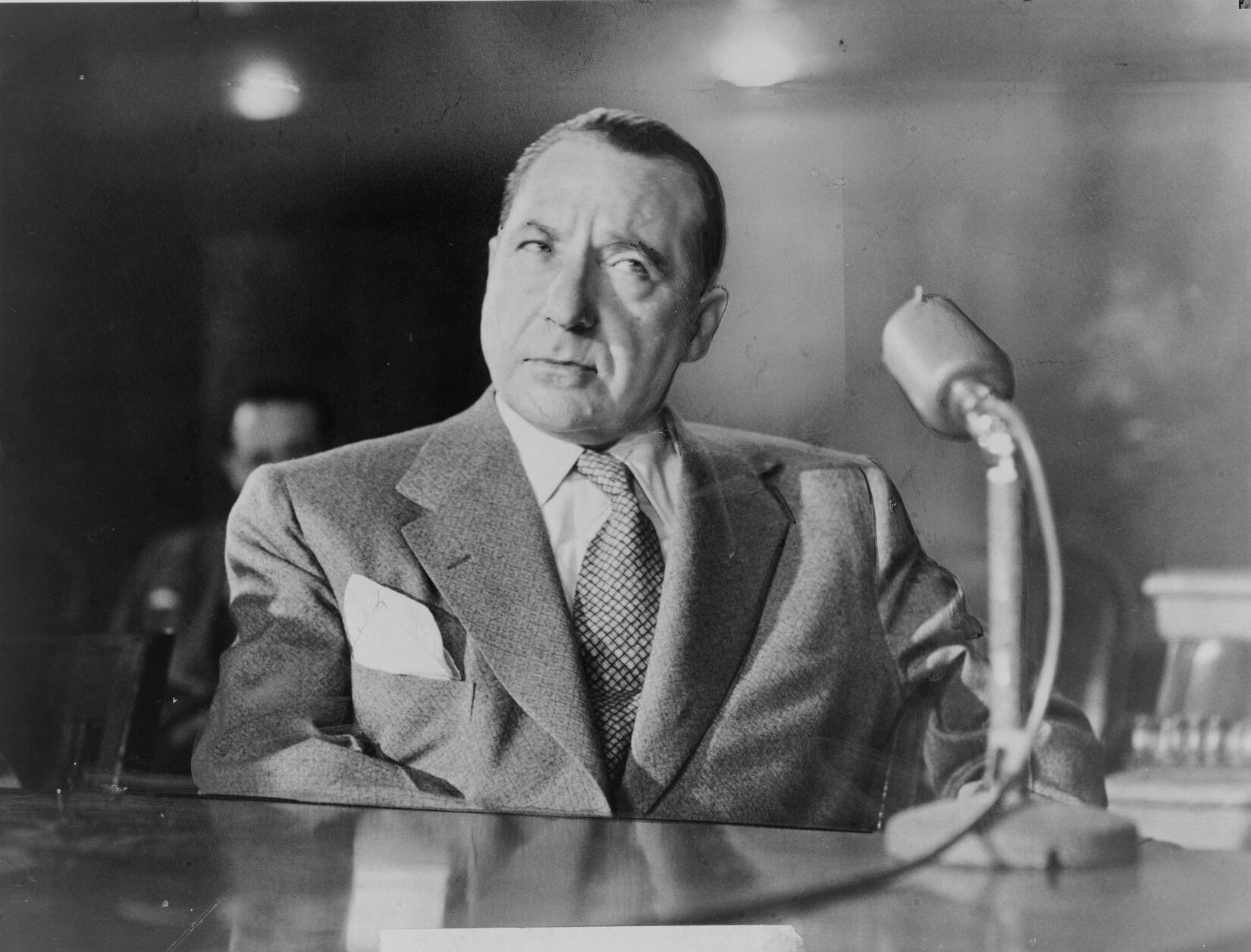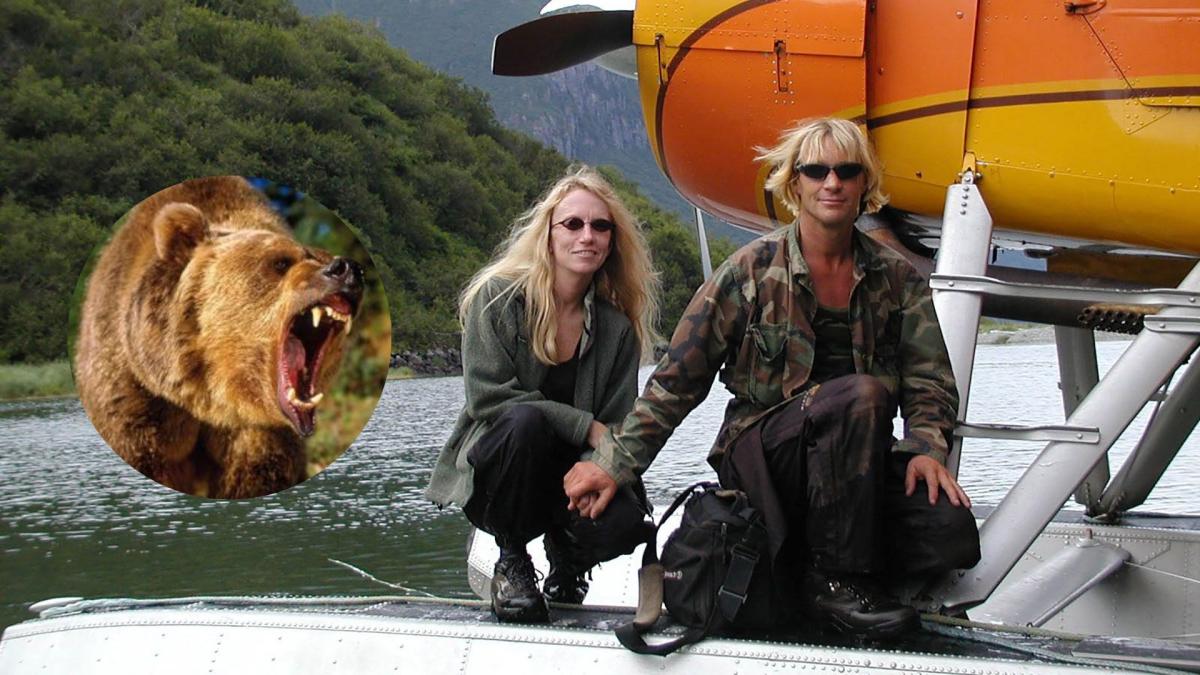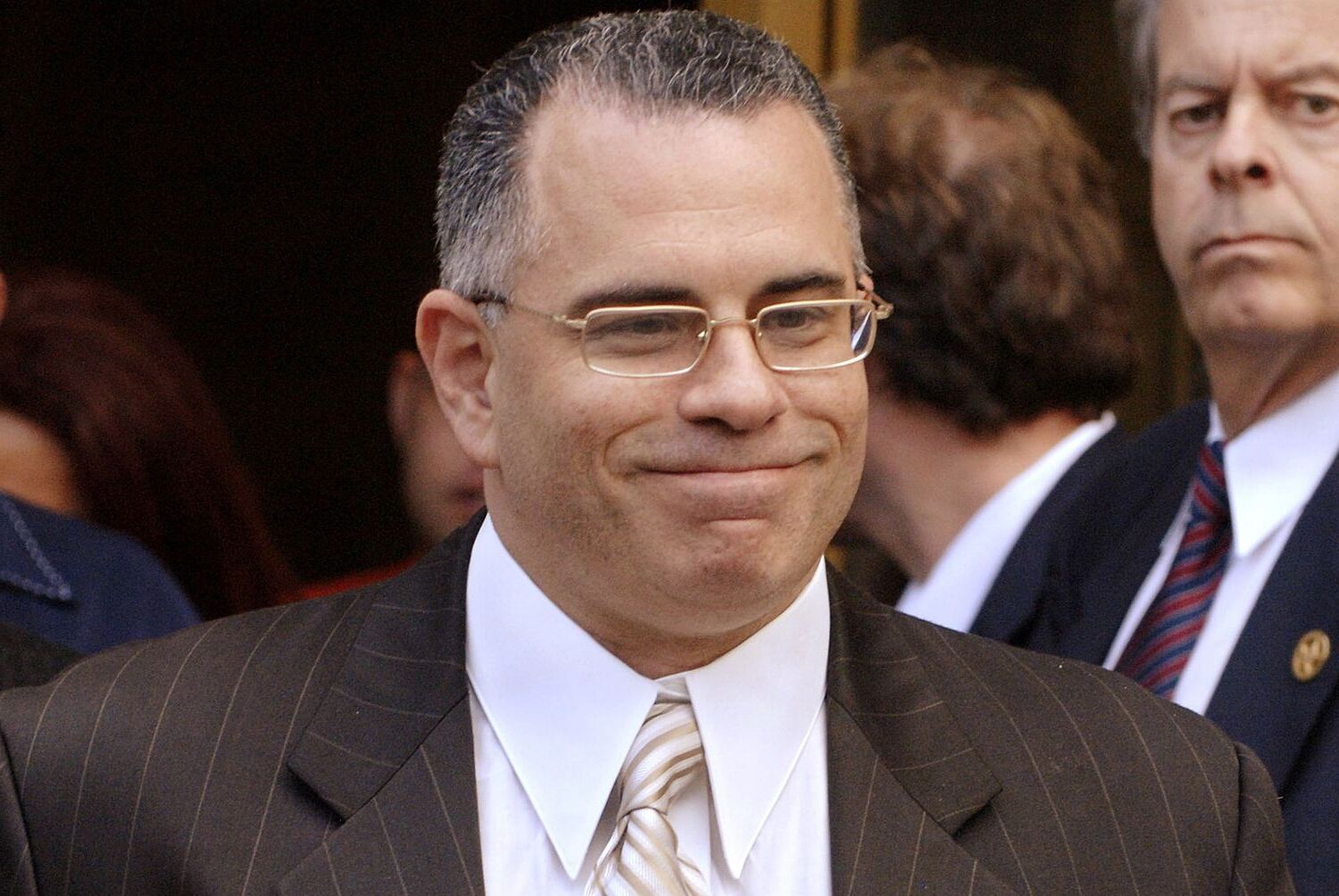
Who was Frank Costello? Frank Costello, born Francesco Castiglia on January 26, 1891, in Italy, became one of the most infamous figures in American organized crime. Moving to New York at age four, he quickly immersed himself in gang activities. Known as "The Prime Minister of the Underworld," Costello's influence extended from bootlegging during Prohibition to controlling gambling operations nationwide. His alliances with notorious figures like Lucky Luciano and Meyer Lansky helped shape the Mafia's structure. Surviving an assassination attempt and multiple legal battles, Costello retired but remained a significant underworld figure until his death in 1973. His life inspired characters in films like "The Godfather" and "The Departed."
Key Takeaways:
- Frank Costello's early life was marked by gang involvement and petty crimes, but his marriage marked a turning point as he vowed to leave behind a life of violence.
- Despite facing challenges and assassination attempts, Frank Costello's influence extended beyond his lifetime, impacting popular culture and leaving a lasting legacy.
Early Life and Beginnings
Frank Costello's journey from a small Italian village to becoming a major figure in American organized crime is nothing short of fascinating. Let's dive into his early years and how he got started.
-
Early Life: Born Francesco Castiglia on January 26, 1891, in Lauropoli, Italy, Costello moved to the United States at age four. His father had already settled in East Harlem, New York, and opened a small Italian grocery store.
-
Gang Involvement: Introduced to gang activities by his brother, Costello joined a local gang by age 13 and started using the name Frankie.
-
Petty Crimes: Costello's early criminal activities included assault and robbery, leading to multiple incarcerations. He was jailed in 1908, 1912, and 1917.
-
Marriage: In 1918, Costello married Lauretta Geigerman, a Jewish woman. This marriage marked a turning point as he vowed never to carry a gun again.
Rise in Organized Crime
Costello's rise in the criminal underworld was marked by strategic alliances and significant events that shaped his career.
-
Career in Crime: After his marriage, Costello worked for Ciro Terranova, an East Harlem capo for the Morello crime family. This led him to meet Lucky Luciano, forming a lifelong partnership.
-
Name Change: In 1916, he legally changed his name from Francesco Castiglia to Frank Costello to blend in better with his Irish-American associates.
-
Bootlegging Operations: During Prohibition, Costello and Luciano joined Joe "The Boss" Masseria's bootlegging operations, marking the start of their rise to prominence.
-
National Crime Syndicate: In 1929, Costello and Luciano joined the National Crime Syndicate, aiming to centralize control over organized crime in the U.S.
Power and Influence
Costello's influence extended beyond the criminal world into politics and business, making him a powerful figure.
-
Associates: Costello's associates included notorious figures like Meyer Lansky, Bugsy Siegel, Vito Genovese, and Gaetano Lucchese.
-
Influence with Politicians: Known for his ability to influence politicians, particularly in Tammany Hall, Costello secured favors from judges, cops, politicians, district attorneys, and city officials.
-
Power Struggle: The power struggle between the Masseria and Maranzano families led to a war. Costello, Lansky, Luciano, and Siegel decided to eliminate the heads of both families to end the conflict.
-
Luciano's Conviction: In 1936, Lucky Luciano was convicted of running a prostitution ring and sentenced to at least 30 years in prison. Vito Genovese took over as boss, but Costello became the acting head when Genovese fled to Italy in 1937.
Challenges and Conflicts
Despite his power, Costello faced numerous challenges, including legal battles and assassination attempts.
-
Genovese's Return: After Genovese's return and acquittal, he attempted to reclaim his position as leader of the Luciano family. Costello refused to back down, leading to a long period of violence and hatred between the two.
-
Kefauver Hearings: In 1951, Costello was subpoenaed to appear before the Kefauver Committee investigating organized crime. He refused to answer certain questions and was cited for contempt, serving 18 months in prison.
-
Tax Evasion Conviction: In 1954, Costello was convicted of tax evasion and sentenced to five years in prison. His conviction was later overturned on appeal.
-
Assassination Attempt: On May 2, 1957, Costello was shot in the head by a gunman hired by Vito Genovese. Miraculously, he survived and retired from his position as leader of the Luciano family.
Legacy and Cultural Impact
Costello's influence extended beyond his lifetime, impacting popular culture and leaving a lasting legacy.
-
Retirement and Legacy: After the assassination attempt, Costello retired but continued to control and profit from his gambling operations. He was known as "The Prime Minister of the Underworld" until his death in 1973.
-
Survival Against Odds: Despite numerous gang wars, police scrutiny, and an assassination attempt, Costello lived a long life, dying of a heart attack at age 82 in a Manhattan hospital.
-
Influence on Popular Culture: Costello has been portrayed in several movies and TV shows, including "My Brother Anastasia," "Gangster Wars," and "Bugsy."
-
Real-Life Inspiration: The character of Don Vito Corleone in "The Godfather" was partially inspired by Costello. Marlon Brando based his character’s calm demeanor and raspy voice on Costello.
-
Name in Popular Culture: The film "The Departed" features an Irish mob boss named Frank Costello, played by Jack Nicholson. This character is related to the real-life Costello in name only.
-
Docudrama Portrayals: Costello was portrayed by Anthony DiCarlo in AMC's docudrama series "The Making of the Mob: New York" and by Paul Sorvino in the 2019 TV series "Godfather of Harlem."
-
Upcoming Film Portrayal: Costello is set to be portrayed by Robert De Niro in an upcoming film titled "Alto Knights."
Additional Facts
Here are some more intriguing details about Frank Costello's life and career.
-
Immigration and Early Life in America: Costello immigrated to the U.S. with his family at a young age. His father had moved to New York earlier and opened a small Italian grocery store in East Harlem.
-
Gang Activities: Before long, Costello became involved in local street gangs, engaging in petty theft and small crimes. His brother introduced him to these activities.
-
Name Change Motivation: Costello changed his name from Francesco Castiglia to Frank Costello to better blend in with his Irish-American associates.
-
Bootlegging Operations with Luciano: During Prohibition, Costello and Luciano joined forces to capitalize on the illegal sale of alcohol.
-
National Crime Syndicate Membership: In 1929, Costello and Luciano became members of the National Crime Syndicate.
-
Associates and Rivals: Costello's associates included notable figures like Meyer Lansky, Bugsy Siegel, Vito Genovese, and Gaetano Lucchese. His rivalry with Vito Genovese was particularly notable.
-
Influence on Politics: Costello was known for his ability to influence politicians, particularly those in Tammany Hall.
-
Power Struggle with Genovese: The power struggle between Costello and Genovese led to a long period of violence and hatred.
-
Kefauver Hearings and Contempt Charges: In 1951, Costello was subpoenaed to appear before the Kefauver Committee.
-
Tax Evasion Conviction and Appeal: In 1954, Costello was convicted of tax evasion and sentenced to five years in prison.
-
Assassination Attempt and Retirement: On May 2, 1957, Costello was shot in the head by a gunman hired by Vito Genovese.
-
Legacy and Death: Despite being involved in numerous gang wars, police scrutiny, and an assassination attempt, Costello managed to survive and live a long life. He died of a heart attack at the age of 82 in a Manhattan hospital.
Frank Costello's Enduring Legacy
Frank Costello's life paints a vivid picture of the American Mafia's evolution. From his early days in East Harlem to becoming "The Prime Minister of the Underworld," Costello's journey was marked by strategic alliances, political influence, and survival against the odds. His ability to navigate the treacherous waters of organized crime, even after an assassination attempt, showcases his resilience and cunning. Costello's influence extended beyond his lifetime, inspiring characters in films like "The Godfather" and "The Departed." Despite his criminal activities, his legacy remains a fascinating chapter in American history. Costello's story serves as a reminder of the complex interplay between crime, politics, and power. His life, filled with both infamy and intrigue, continues to captivate those interested in the darker side of American history.
Frequently Asked Questions
Was this page helpful?
Our commitment to delivering trustworthy and engaging content is at the heart of what we do. Each fact on our site is contributed by real users like you, bringing a wealth of diverse insights and information. To ensure the highest standards of accuracy and reliability, our dedicated editors meticulously review each submission. This process guarantees that the facts we share are not only fascinating but also credible. Trust in our commitment to quality and authenticity as you explore and learn with us.


